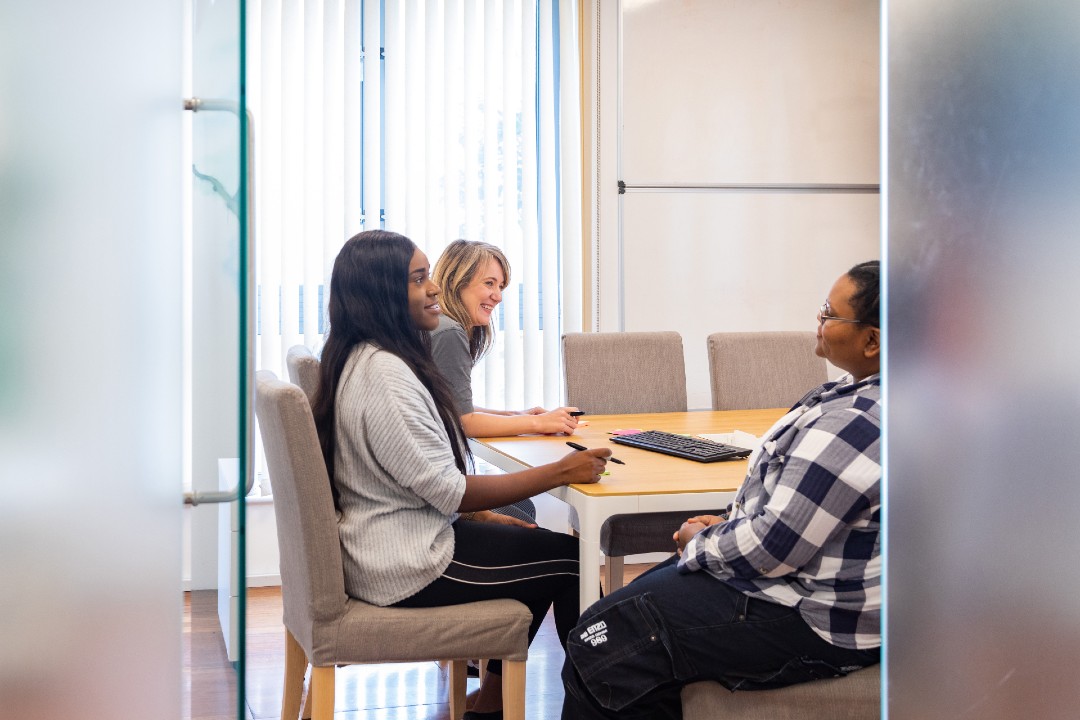Mental Health Awareness Week – what we did and how it went

According to recent research, 24% of remote workers have said they struggle with loneliness, a figure 4% higher than 2 years ago
We recently blogged about why mental health is important to us at dxw, and how our wellbeing group were planning a series of events for Mental Health Awareness Week on this year’s theme of loneliness.
After looking back on our month of activities, we wanted to share some thoughts on our approach. We hope they might help others looking to organise Mental Health Awareness events in future.
Making it a month instead of a week
Getting people to attend multiple events in one week seemed unrealistic. So one of the first things we did was plan for a month of activities, rather than just focus on Mental Health Awareness Week itself. We felt that spacing things out over 4 weeks would give people more opportunity to attend, as well as some time to digest and reflect.
Ensuring resources, events and information were easily accessible
With many events already planned by mental health organisations, we decided to create a calendar bringing together the details of all the internal and external online events in one place. This made it easier for dxw-ers to check what activities were happening during or after work and plan what they wanted to attend.
We also helped direct people to relevant professional support by listing resources and support groups related to the topics covered.
Destigmatising conversations about mental health
Recent research shows 24% of remote workers said they struggle with loneliness, that’s 4% higher than 2 years ago. As dxw’s workforce is now remote first, we felt it was more important than ever to both normalise conversations around mental health and highlight this year’s theme of loneliness.
Mental health coach Katherine Bruce led a session on ‘Understanding Mental Health’ to help support mental health literacy and challenge the stigma around the topic. As well as highlighting national statistics on the prevalence of mental health problems in the UK, she shared a wide range of frameworks to help us identify our own mental health capacities.
We also held a forum to discuss ideas about ways to deal with the loneliness that can come with remote working. The session involved breakout rooms of up to 6 people, each with one facilitator to help document people’s responses to the question. The key talking points and suggestions from the event were shared with the whole company.
Approaching the topic of loneliness holistically
Mind UK’s information on loneliness makes a distinction between feeling alone and feeling lonely. It explains how someone can feel lonely when in a crowd of people, yet feel quite peaceful and content when alone. We tried to acknowledge this in our approach by creating a mixture of group and individual activities.
We created a ‘Meet Up In May’ social bingo competition. The aim was to promote new connections by encouraging folk to share screenshots and photos of in-person and online gatherings with colleagues from different parts of the company. Everyone was given £15 to spend on socialising, encouraging them to meet up for coffee and cake on us.
To help cultivate wellbeing outside of social interactions, we included spaces on our social bingo card for activities done alone. For one week, we held morning guided meditations. Andrew Johnson, a wellbeing expert, facilitated a workshop on ‘How to relax’ which focused on breathing techniques and how to reduce stress and anxiety. Our existing internal community events were turned into walk and talk meetings and an opportunity to step away from the screen.
What we learned
55% of the company attended one or more of our internal mental health events. Organising a variety of events over a longer period of time, some more social and free flowing and others more reflective and structured, seemed to work.
Engagement with the social bingo competition was high at the start, but interest waned as the month went on. While things like outdoor walking and talking meetings and the company-wide discussion forum proved to be overwhelmingly popular.
A recurring theme was the positive response to having spaces for employees to ‘leave their role at the door’ and come together to share their experiences. Now that dxw has become a hybrid workforce, those unplanned, serendipitous conversations happen less often.
There’s clearly an appetite for more wellbeing initiatives like this at dxw. We hope to become more proactive in our approach to mental health support. Facilitating ongoing activities that support (or at least make people aware of) mental health issues, and not waiting for the next awareness month or campaign.